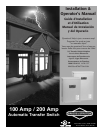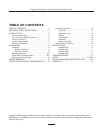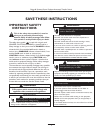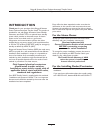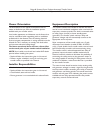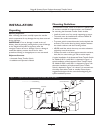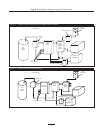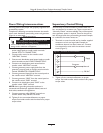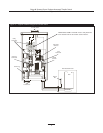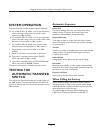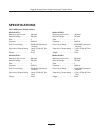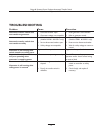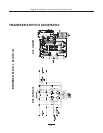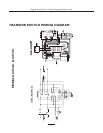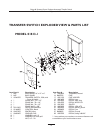
5
Briggs & Stratton Power Products Automatic Transfer Switch
Installation and Operator’s Manual
Owner Orientation
The illustrations are for typical circumstances and are
meant to familiarize you with the installation options
available with your transfer switch.
Local codes, appearance, and distances are the factors that
must be considered when negotiating with an installation
professional.As the distance from the existing electrical
service increases, compensation in wiring materials must be
allowed for.This is necessary to comply with local codes
and overcome electrical voltage drops.
The factors mentioned above will have a direct effect
on the overall price of your transfer switch installation.
NOTE:Your installer must check local codes AND obtain
permits before installing the system.
• Read and follow the instructions given in this manual.
• Follow a regular schedule in caring for and using your
transfer switch, as specified in the manual.
Installer Responsibilities
• Read and observe the safety rules.
• Read and follow the instructions given in this manual.
• Check federal, state and local codes.
• Ensure generator is not overloaded with selected loads.
Equipment Description
The transfer switches are intended to transfer the entire
load of normal residential installations when used with the
supervisory contacts provided.The load is connected either
to utility power (normal) or home standby power
(generator).The transfer switch monitors utility and
generator voltages and will automatically connect to the
appropriate source of power.
Major components of the transfer switch are a 2 pole
disconnect circuit breaker (models 01928-1 & 01929-1
only), a 2 pole double throw transfer switch, control circuit
board, fused utility terminals and interconnecting wiring.
The transfer switch is solenoid-operated from utility or
generator inputs and contain suitable mechanical and
electrical interlock switches to eliminate the possibility of
connecting the utility service to the generator output. It
has ratings capable of switching full utility power into the
residence. In addition, a manual override lever is provided
for the transfer function.
The control circuit board has active circuits sensing utility
and generator voltages. It creates a signal for the generator
start-up, switch transfer,retransfer when utility is restored
and generator cool down periods.The control board also
contains red and green LED’s indicating the power sources
available and two relay operated contacts that provide
supervisory control of external loads.



